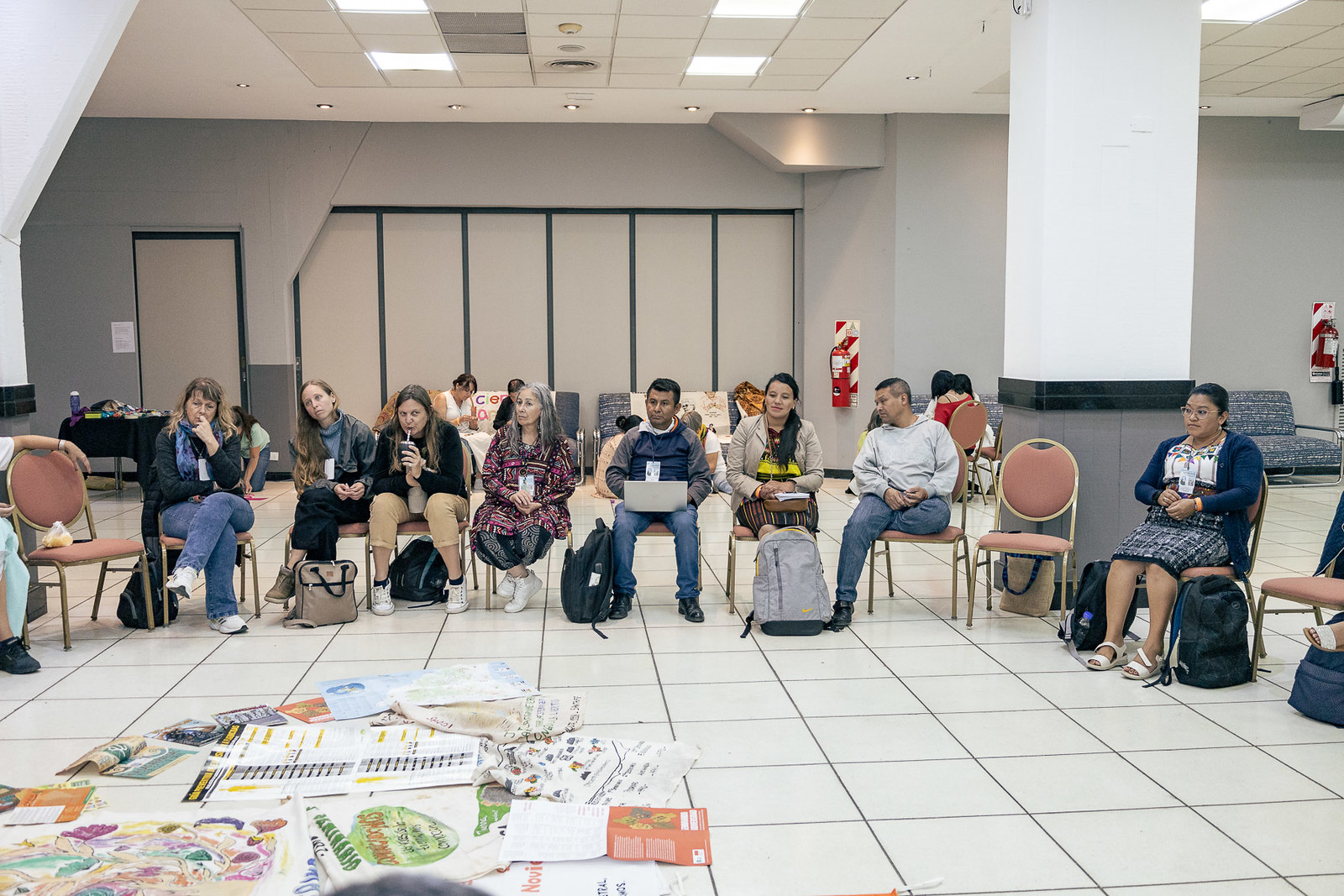People's Health Movement calls for action against corporate dominance in global health and economy
During the 5th People's Health Assembly (PHA 5), the People's Health Movement (PHM) is raising its voice against the overwhelming control of transnational corporations (TNCs) over the global economy, health, and welfare systems. In a stand against the corporatization, marketization, and colonization of public goods, PHM is spotlighting the dire consequences of corporate dominance, emphasizing the pressing need for systemic change.
“Our health systems are an expression of waves of reforms, all driven by international organizations and foreign interests. From PHC, public-private partnerships and insurance, these are based on foreign interests. We must shift to building health systems from the South,” said Oscar Feo, University of Carabobo and the Bolívar-Marx Institute of Advanced Studies in Venezuela.
PHM denounced the influence of TNCs, which manipulate global policies to evade taxes, exploit resources, and undermine public welfare. The alarming trend towards the privatization of essential services, notably healthcare, has exacerbated inequities, leaving marginalized communities with minimal access to vital care. This, coupled with the aggressive marketing of unhealthy products and the relentless pursuit of profit over people's well-being, underscores the urgent need for transformative action.
"We inhabit a system that we can’t defend," said Pilar Galende from the Argentinian Federation of General Medicine (FAMG) during one of the discussions.
There are a number of problems in the health system, the activists agreed: the hegemonic medical model, unfounded assumptions of biological determinism, colonization of knowledge, and the power of technical discourse amogn other things.
Highlighting the catastrophic impact of COVID-19, PHM points to the syndemic nature of the crisis, exacerbated by socio-economic inequalities and the dismantlement of public health services due to neoliberal policies. We need to reflect on the pandemic, because it pointed out that public services should be strengthened at a time when they were officially being destroyed.
“The far-right groups fed on that return of the state. We find ourselves in a new international context, where public health has become the main contradiction of this globalized capitalism,” said Mario Rovere from the Latin American Social Medicine Association (ALAMES).
The pandemic has laid bare the vulnerabilities of a health system compromised by privatization and commercialization, proving the necessity of a health care model centered on public financing and provision.
In response, PHM demands sweeping reforms, including progressive global taxation, stringent regulation of TNCs, the dismantlement of intellectual property barriers for health technologies, and the replacement of voluntary corporate conduct codes with binding regulations. Furthermore, PHM advocates for the elimination of the 'War on Drugs,' the promotion of worker and cooperative-owned businesses, and significant environmental protections to halt the exploitation by extractive corporations.
To combat these challenges, PHM commits to an intsectional approach, including the establishment of thematic groups, the production of educational materials, the exposure of corporate misbehavior, and the advocacy for equitable trade systems. Through collaboration with international movements, PHM aims to catalyze the action on taxation rules, challenge the reliance on global consulting firms for policy advice, and promote comprehensive primary health care as the cornerstone of a just and equitable health system.
PHM stands firm in its belief that a global economy and health system governed by the principles of equity, accountability, and sustainability is possible. By uniting voices and actions across the globe, PHM endeavors to dismantle the corporate grip on health and economy, paving the way for a future where the welfare of people and the planet is prioritized above profit.


